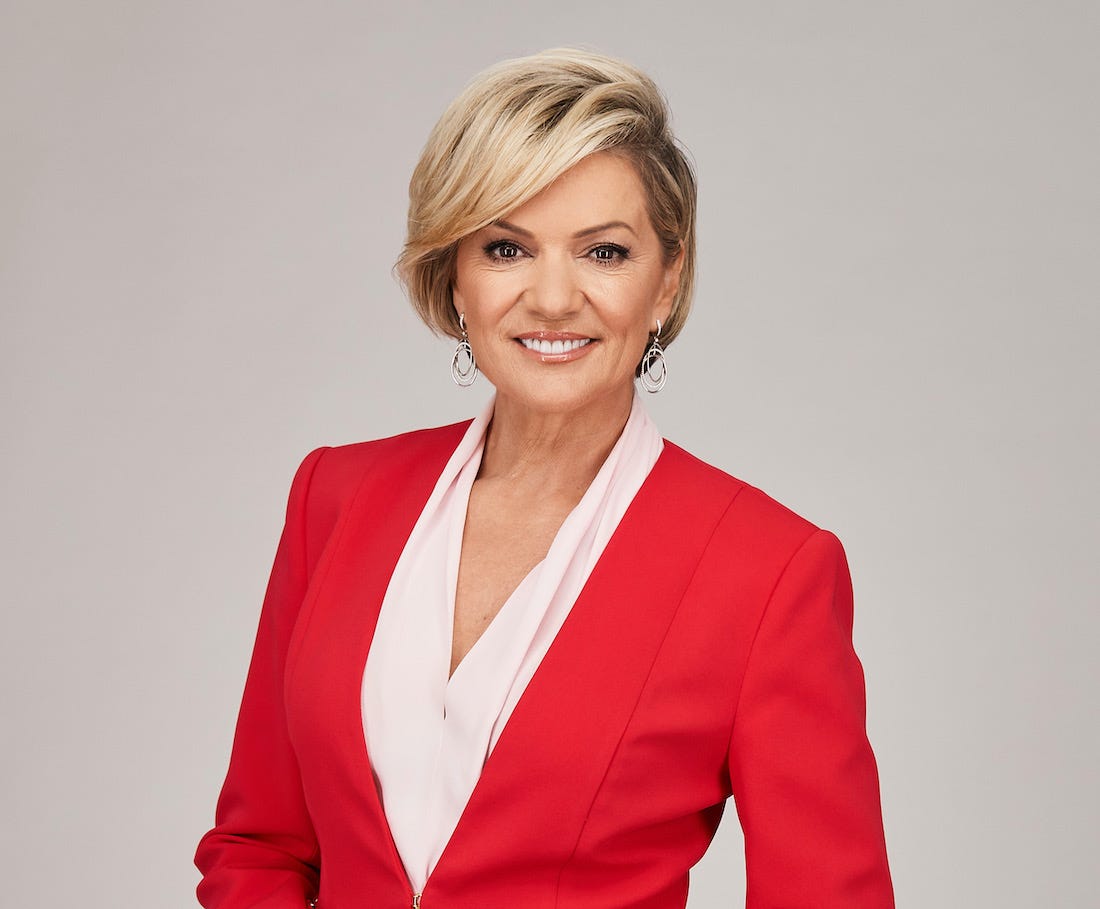
This veteran broadcaster is one of the great journo survivors.
Her face and honeyed dulcet tones are familiar throughout Australia, having delivered the biggest news around the world ever since she was the first Australian television journalist to cover news of the September 11 terrorist attacks.
For five hours on that night of September 11, 2001, Sandra Sully talked Australians through the unfolding horror, coming to terms with what was happening at the same time as her viewers.
“Who could have predicted that I was in the chair that night, and I don’t really ever want to be the poster girl for September 11—far from it,” Sandra tells me from the Green Room at the Network Ten Studios in Sydney.
“But at the end of the day I was, and I had to do the best I could, and I survived.
“3000 people died that day. So it’s irrelevant what I went through.
“But as a journalist I knew at the time I may or may not survive it professionally. All I could do was the best I could do on the night and then try to process that experience and what I learned from it.”
She’s continued to be a story leader, as the first woman to co-host the Melbourne Cup, and travelling to East Timor to make a documentary on how the then-new nation was coping post-liberation.
Sandra has just started as the presenter of the new hour and a half Network Ten Sydney bulletin from 5pm every weekday.
In this episode of The Journo Project, Sandra tells me about her passion for storytelling, particularly highlighting women’s voices in her new podcast project, Short Black.
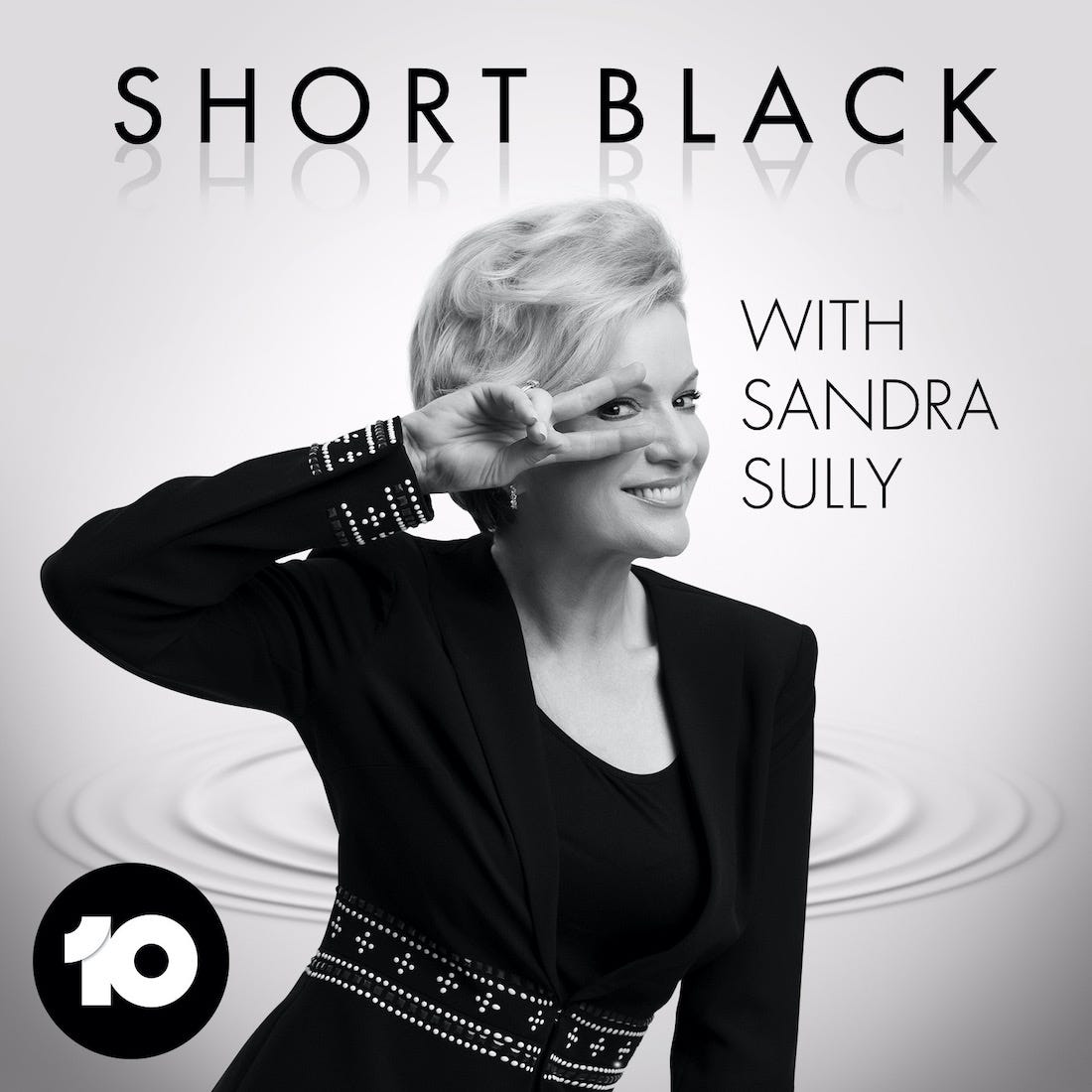
“I’ve always been a champion of women and strong women, interesting women. And for too long I think men’s stories have been told loudly and proudly across all platforms,” she says.
“But we’ve got a lot of really fascinating, strong women out there doing remarkable things. Not necessarily well-known women. And I really want to shine a light on those women and have those conversations.
“I want their stories to be illuminated. I want them to be highlighted. I want people to realise that in our own backyard we are surrounded by a slew of remarkable women.”
Sandra proudly describes herself as a feminist, and for her this is a personal story grounded in her experiences.
“A lot of that stems from my upbringing. I remember near the end of my final years at high school and women in the public service had to quit their job when they got married or fell pregnant,” she says.
“It wasn’t that long ago that it was incredibly unfair and it’s still in my DNA, and I won’t really give up until we don’t see gender anymore.
“There’s still a long way to go before we have true equality. And I want my daughter, stepdaughter, nieces, cousins, aunties, brothers, children, you name it. I want everyone to have a fair go.
“We know the pay gap is real, opportunities aren’t completely fair yet.”
Sandra helped coordinate a special coffee table book “Agenda” for International Women’s Day, bringing stories of great Australian women to print.
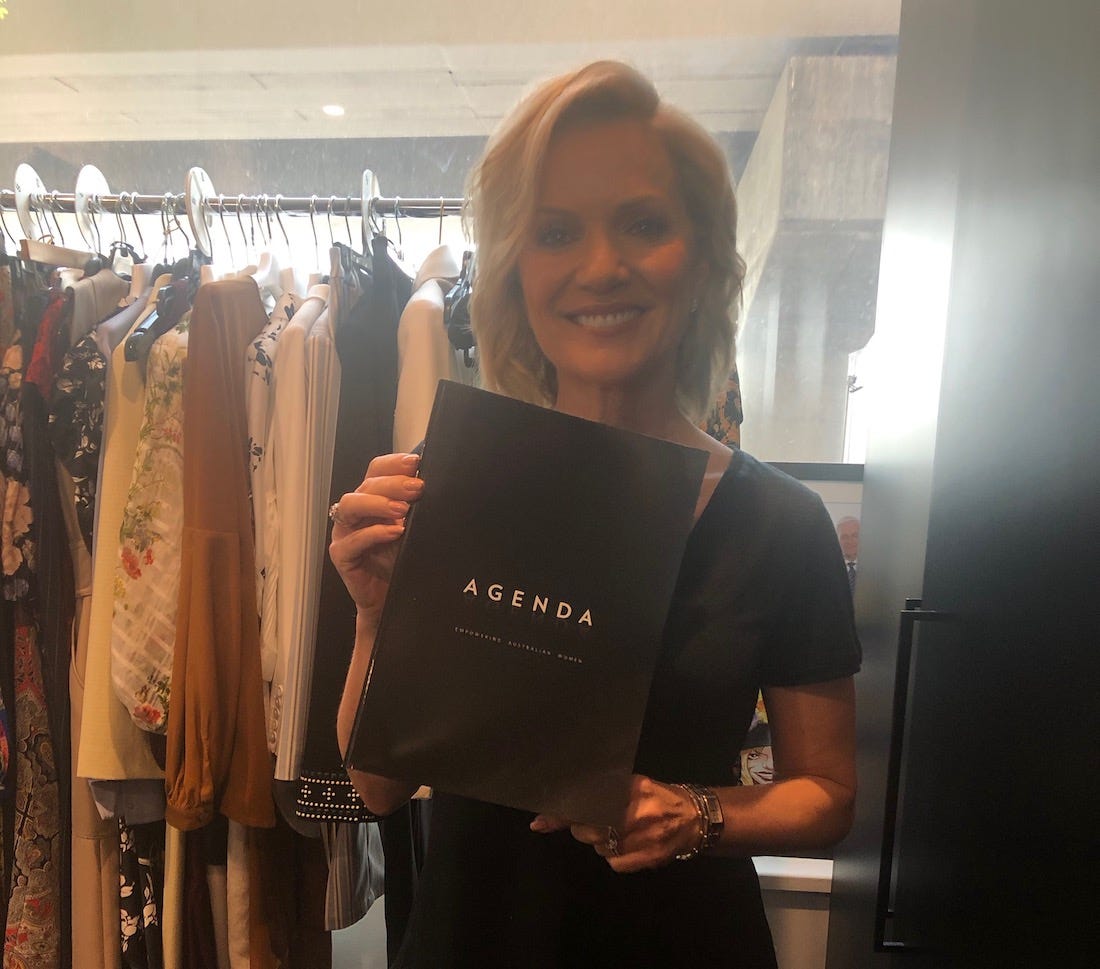
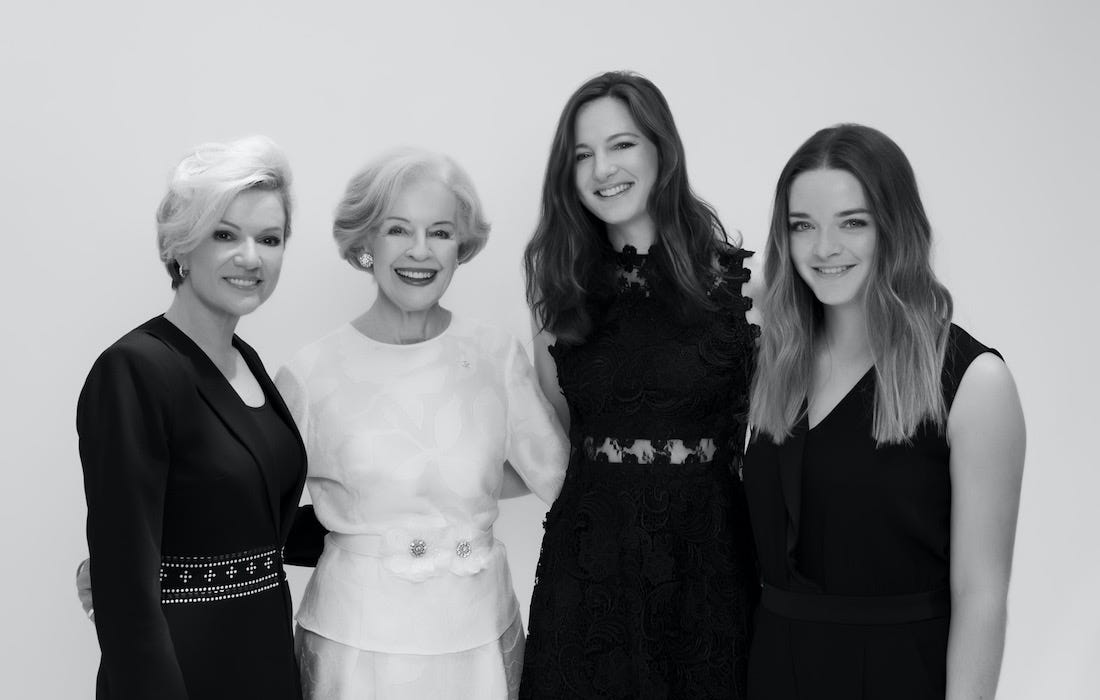
Above: Sandra Sully, Dame Quentin Bryce, Cate Campbell and Jade Hameister in “Agenda".
All proceeds from the sale of Agenda went to the Women’s Legal Service, providing free legal help for women needing advice on domestic violence and sexual assault.
Sandra wanted to capture the Australian women’s narrative around International Women’s Day, saying that for too long we have heard what matters internationally with few insights from an Australian Women’s perspective.
“I wanted to know what we think; what is our experience; what matters to us; what still needs to be done and change and how Australian women believe we can achieve it,” she says.
“I’ve always been a champion of International Women’s Day because we’re not there yet.
“These women (in ‘Agenda’) were across age generations, a broad spectrum of women, again, not necessarily famous, just women who I thought were interesting, making a mark, remarkable in their own way and could reflect the demographic of Australian women,” she says.
“We’re doing it again for 2020 we’ve got a really great, fascinating bunch of women that I’m really excited about showcasing and that’ll come out again around March 8, 2020.”
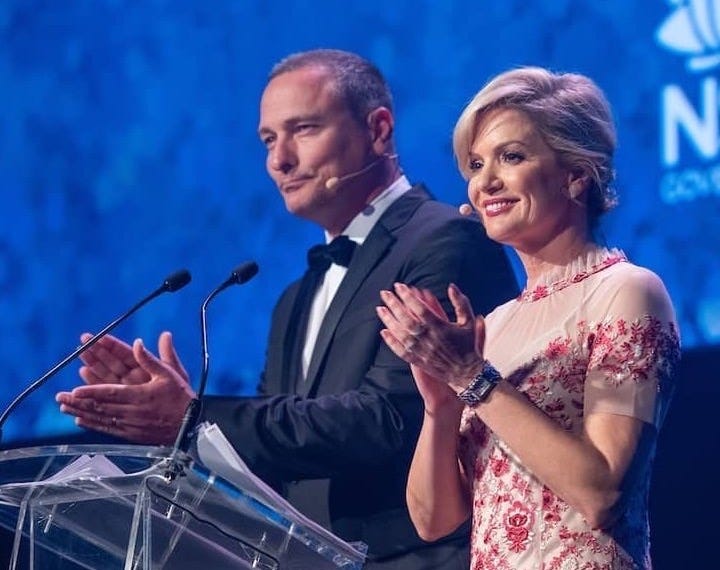
Above: Kieran Gilbert and Sandra Sully presenting this year’s Walkley Awards
Sandra’s equally as passionate about the cause of press freedom, which she spoke about in her role as co-host of this year’s Walkley Awards.
“Regional journalism networks have never been under more pressure and newsrooms are closing across the country. If not, they’re merging and there’s no better time to support regional Australia,” she says.
“Look, for as long as I’ve been in journalism, I’ve heard about the demise of our profession.
“And it’s challenged like never before, probably, but in a different way. These things morph and evolve and, at the moment, press freedom is probably the biggest challenge.
“And fortunately just about all media organisations for the first time in a long time have joined forces to make the point.
“I think the problem we have is the perception maybe, that it’s driven by self-interest when really, if you don’t have good quality journalism, if you don’t have a free press, you don’t have a strong democracy.
“Things like the Banking Royal Commission would never have happened.
“There are so many stories that are current right now that wouldn’t have happened without strong journalism. And I think the public are getting it.”
Don’t miss listening to the pod!
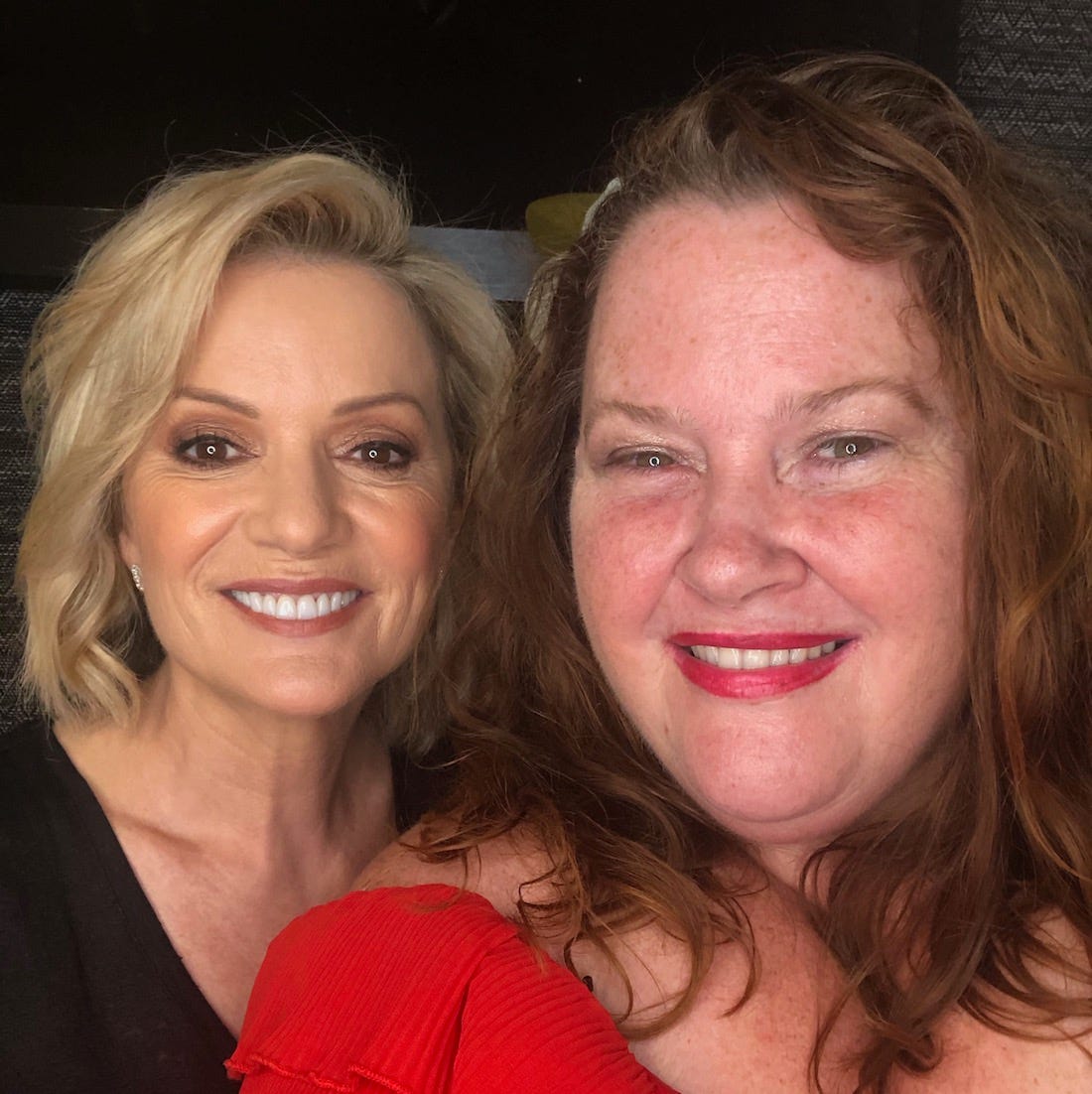
I didn’t want to spoil it for the podcast listeners here by putting a spoiler in the tease story above, but there’s a lovely segue in my interview with Sandra Sully this week where we talk about her support for me as a junior journalist making my break into the national journo game.
Sandra was the only newsreader to respond to my somewhat naive letters sent to all the newsreaders I could think of around Australia when I was doing my Masters in Journalism, and was desperate to make my break into the big league. We talk about how she sent me flowers when I got my job at the ABC outpost at Port Augusta, and how massive that gesture was to me at the time taking on one of the most daunting decisions of my life.
So all my students reading this: you will know why I keep telling you to go out bush to learn your craft from listening to this! And for my friends out there you’ll also learn the origins of my mantra from Sandra “Nance—bold colours, simple lines—that’s all you need to know!”
Beyond the pod
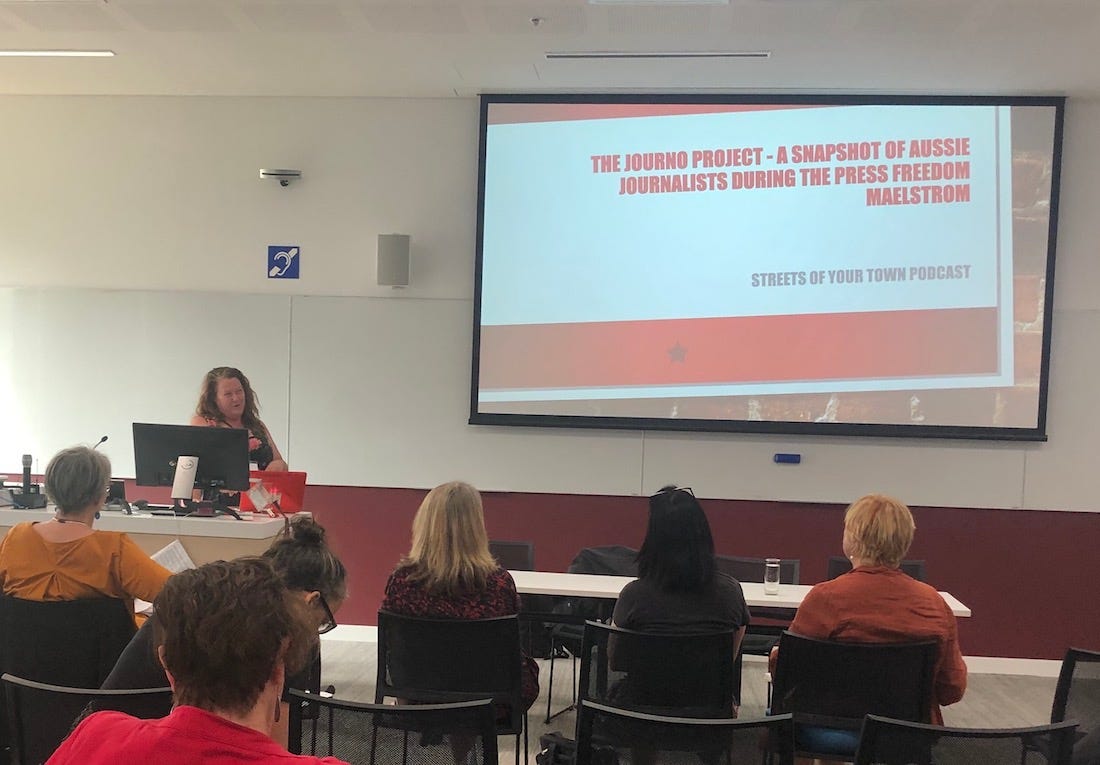
Last week I went to Sydney to give a presentation on and spread the word about The Journo Project podcast at the national journalism educator gathering the JERAA conference. Thanks to all your my faithful and supportive Journo Project tribe and particularly my sponsors that make these trips possible.
I’m hoping that more lecturers and journalism educators will use The Journo Project to supplement their teaching. I know for me when I was at university I CRAVED hearing from real working journos, just like on The Journo Project podcast! Technology makes this so much easier to achieve now!
Please share this email with you friends, to build up The Wandering Journo tribe and get people talking about The Journo Project and about Australia’s best journos—and how we important it is to celebrate these great defenders of our democracy.
Upcoming
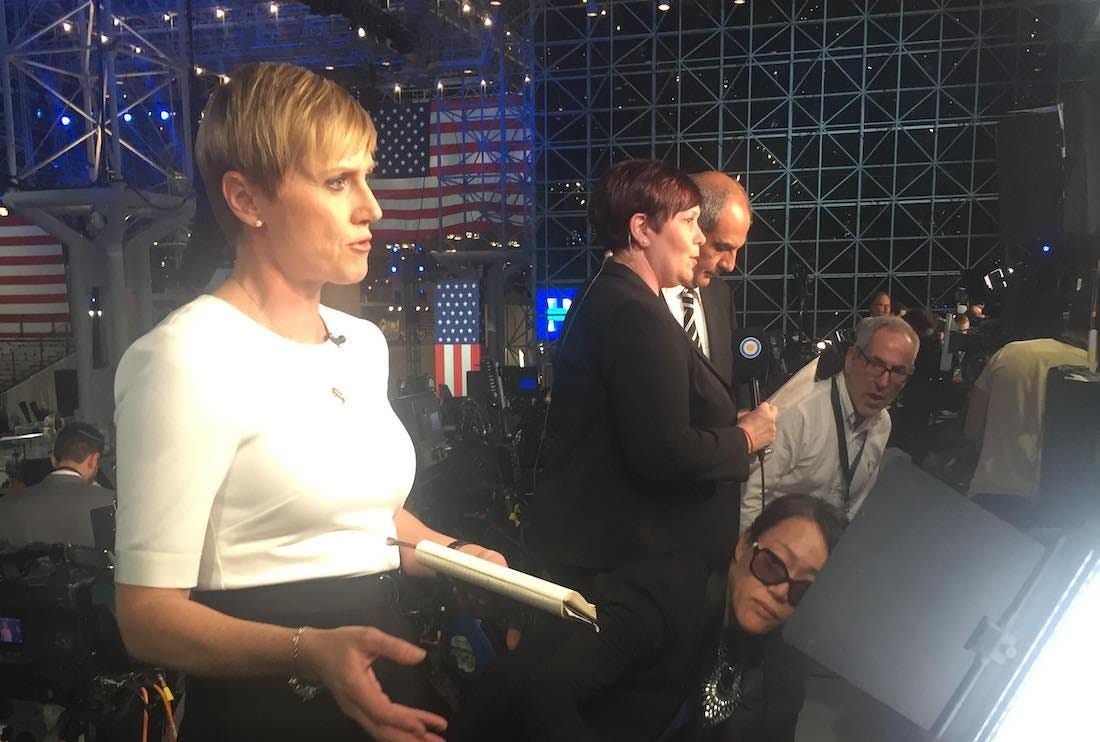
Next week we have another familiar journo face for you telling you about what its like being on the frontline of some of the world’s worst disasters and protracted conflicts, Zoe Daniel.

Zoe has travelled from Alaska to Washington and all over the US of A from the west coast to the east in her role as Washington Bureau Chief for ABC News. With the USA on the brink of impeachment proceedings against President Donald Trump, Zoe has just finished her correspondence stint of five years.
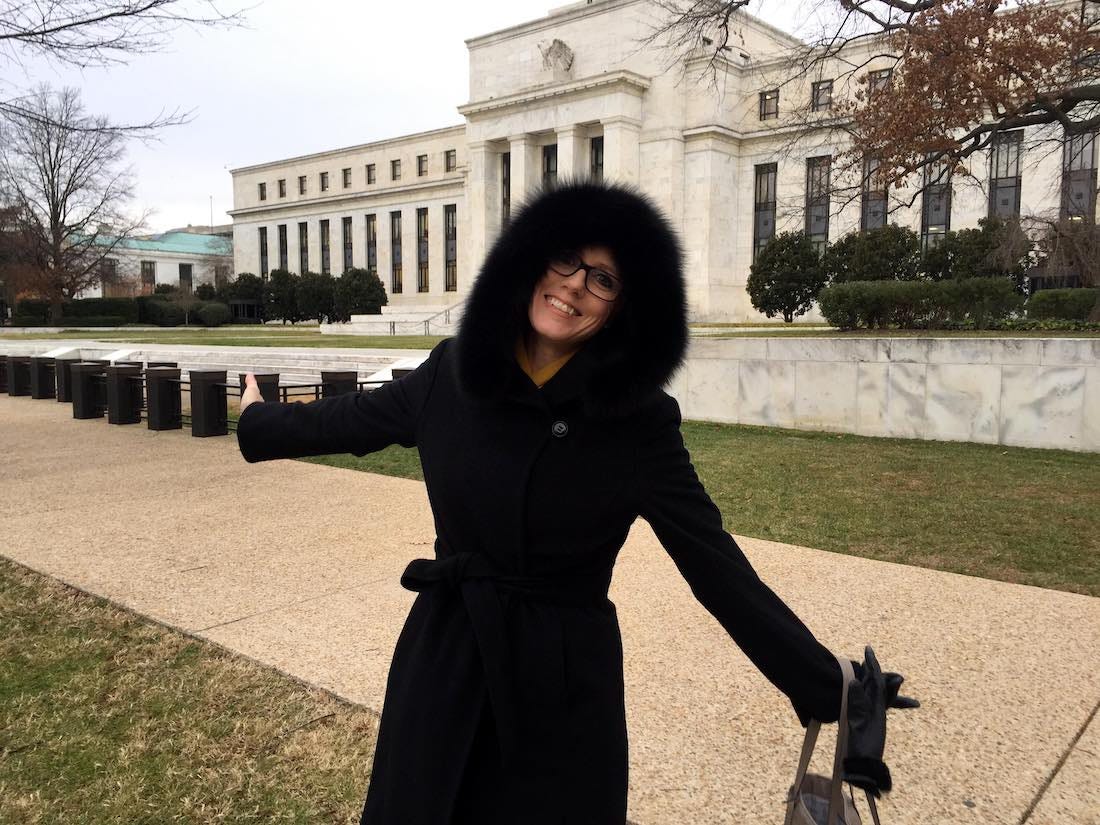
I managed to squeeze a Skype interview in with Zoe just before her farewell party in Washington. She talks about the life of a foreign correspondent, which has taken her from Africa, to Thailand, and her latest stint in the USA. She talks about what coping mechanisms she has learnt over the years when covering disasters and dealing with communities in shock, and then having to bring those stories back to the Australian community. Zoe is fierce and frank—a brave storyteller of the highest order—do not miss this episode!
And lastly, the Journo Project will be providing your summer holiday listening (or winter holiday for our northern hemisphere subscribers!) right through to Christmas. The news doesn’t stop at this time of year and neither does The Journo Project! So sit back and enjoy your Journo Project podcasts, whether it’s jogging, driving, on the bus, or sorting the clothes, you’ve got Australia’s best journos right there with you in your earholes!
Talk again in a week!
Nance
If you believe in journalism and wish to support it, subscribe to the paid version of this newsletter. The same content is free for anybody but your support helps sustain this podcast.







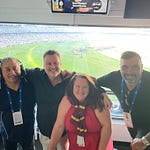
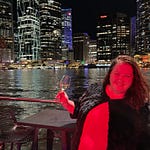
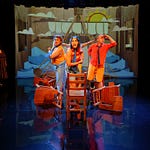
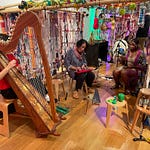
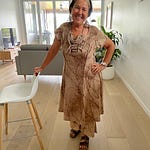

Share this post